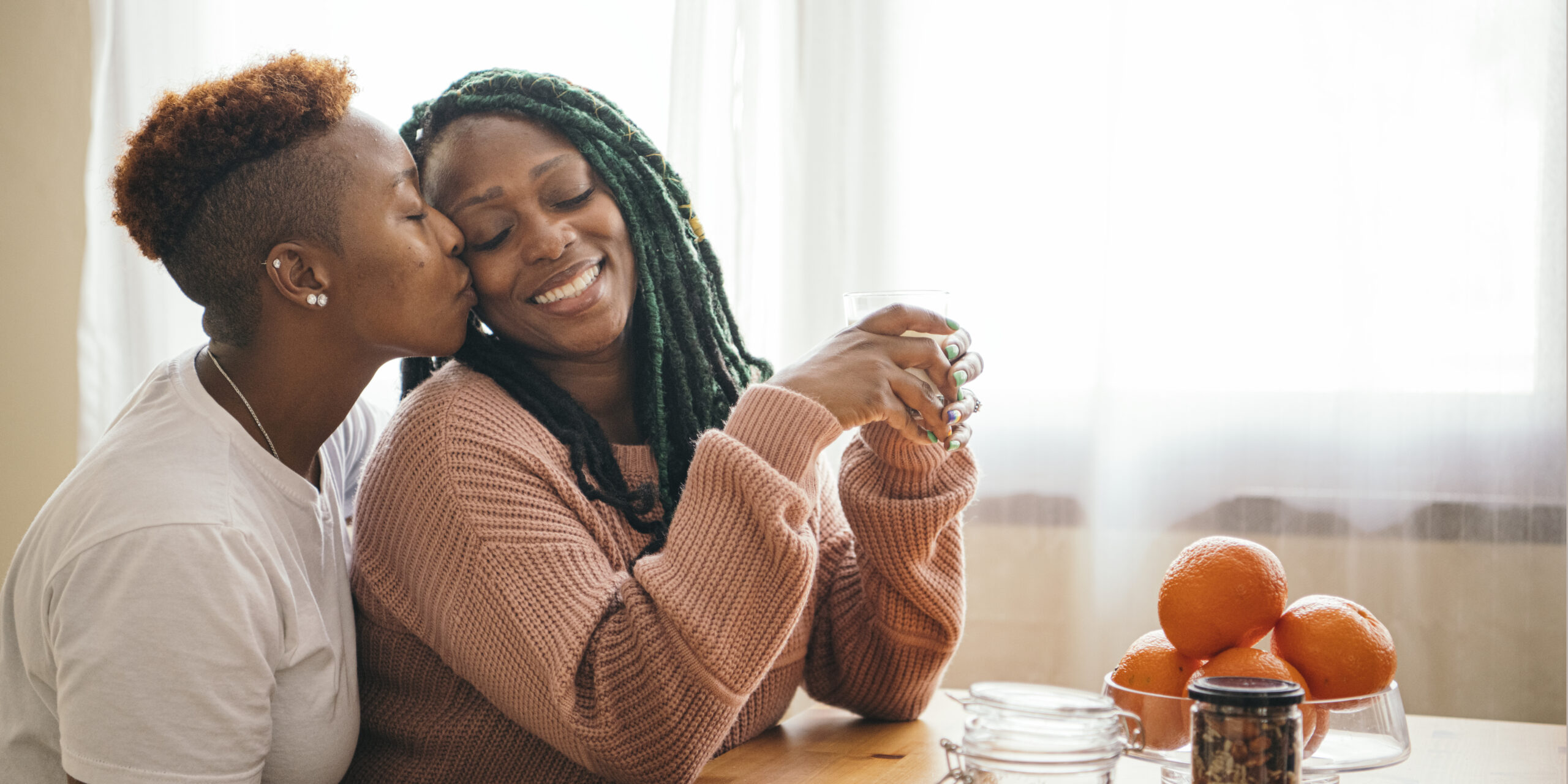
Remember when we were little girls playing with dolls? You were most likely the “mom” to either a Cabbage Patch or a Baby Alive. We’d push the stroller, feed the baby, and change its diapers, and it came so naturally to us. But even with all this “real world” experience, it doesn’t always happen the way we imagined growing up.
According to March of Dimes, “1 out of 100 women will have repeat miscarriages”. If you’ve ever experienced one, it can
be pretty devastating. I know this from my own experiences having had two miscarriages. I didn’t know why my body was rejecting my pregnancies. I even thought at one point,
“What if I have to see a specialist to have a baby?
But God saw fit to make me a mother when the timing was right.
Lately, I’ve been following a Facebook Watch series called “9 Months with Courteney Cox”. It’s a docuseries featuring diverse families across America, showcasing the various challenges couples face during their pregnancy journey. Some family’s feel joy throughout the series, others not so much.
I found it to be interesting because not only does she follow heterosexual couples, but she also follows same-sex couples.

I was able to identify with some of the stories because I have friends within the LGBTQIA community who are currently going through the fertility process. I’ve been encouraging her to watch the series because I believe she could benefit from seeing the process that these aspiring parents are going through. Best of all, there are some African American couples too.
Thankfully, not all fertility stories are sad. I got a chance to interview my friend Angie, who decided with her wife to see a fertility specialist as they plan to extend their family.
Before we begin, I want to thank Angie for being transparent and willing to share their story:
MamaWoman: How did you and your partner decide on your fertility journey?
Angie: Well, she decided! She’s totally the BOSS of me, LOL! I decided that we would not simply find a nice guy, and do it the “old fashioned way.” Seeking an anonymous donor was
important for me, so she started looking into fertility specialists and cryobanks.
MamaWoman: Why was this the best option for you?
Angie: IUI or IVF was our options, but IVF is EXPENSIVE! And insurance does not pay unless there is something wrong or we had already tried IUI, and it did not work.
MamaWoman: What challenges have you faced?
Angie: COVID-19 has definitely interfered with inseminations and necessary doctors’ visits. We had one at home insemination and one office insemination prior to everything shutting down.
We are now starting the process again.
MamaWoman: What advice would you give to someone wanting to start the process?
Angie: It is a lot to handle. I would suggest making sure this is a good time based on work schedules and personal life events. It can be overwhelming with impromptu doctors’ visits and ovulation cycles.
MamaWoman: What are the misconceptions of the IVF process, especially as it relates to the African American community?
Angie: I think the biggest misconception for the African American community is that fertility issues are a “white thing” or a woman’s problem. In our experience, several issues had to with
heterosexual men having fertility issues, not just their wives. And many people of very diverse ethnicities.
Are you in a same-sex relationship looking to start a family? Check out this informative blog post exploring options and costs.
